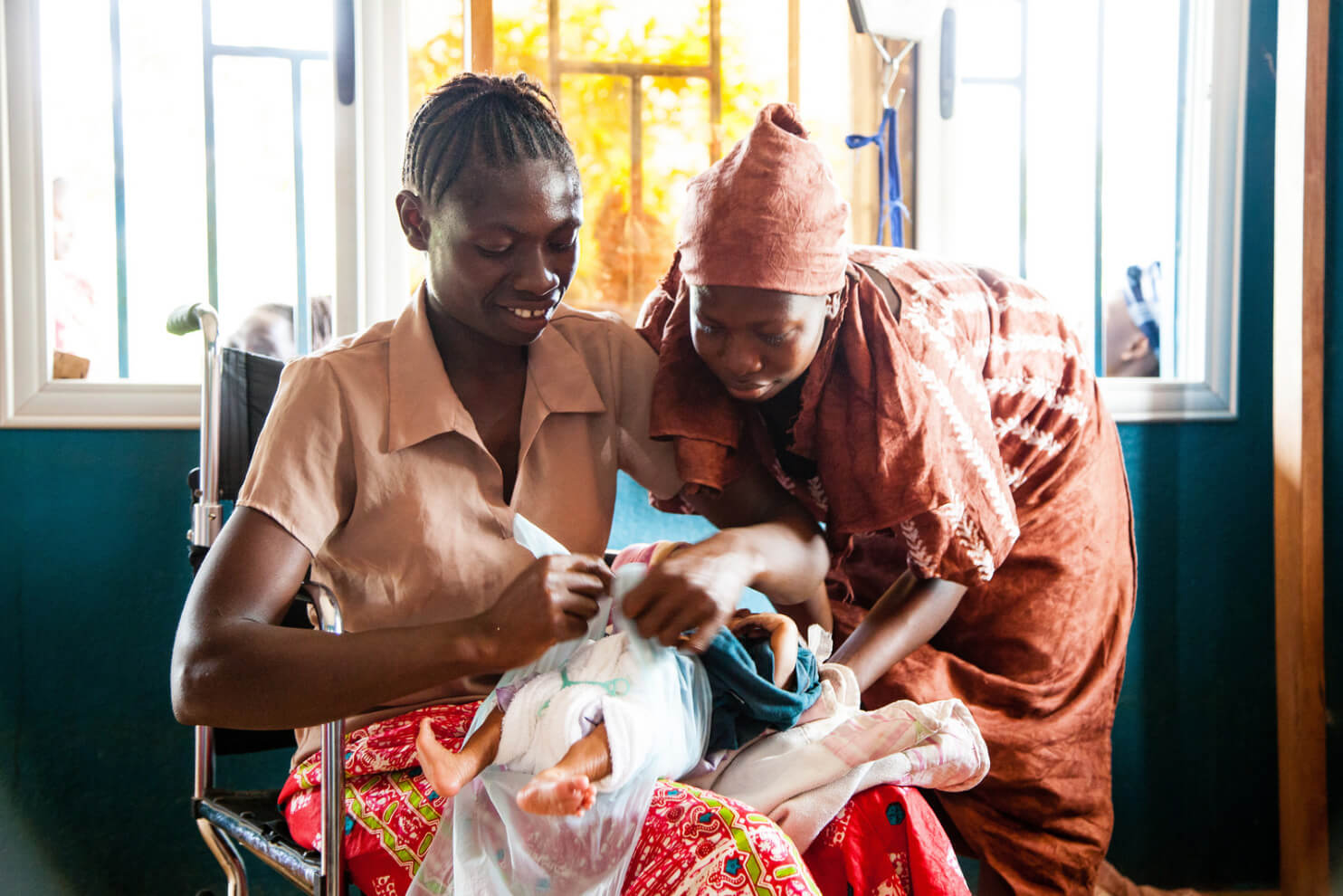Research has linked Chlorpyrifos, a highly hazardous pesticide (HHP) and insecticide to coma, Parkinson and brain-damage diseases.
This is even as other chronic health effects such as tumors, brain and nervous system damage, birth defects, infertility and other reproductive problems, damage to the liver, kidneys, lungs and other body organs have also been linked to the chemicals.
The minister of environment, Balarabe Abbas Lawal, said while chlorpyrifos is used for terminating cockroaches, termites and bed bugs at home, as well as pests in farms, they cause dermal, neuro (brain)-disorders and Parkinson disease.
He said at a news conference in Abuja where he was represented by Mrs. Bimpe Adenaike, that Chlorpyrifos is also linked to cancer.
The minister said women and children were the prevalent victims due to the higher level of oil tissues in their bodies, as chlorpyrifos is more dissolvable in oil than water.
LEADERSHIP’s Weekend findings revealed that Chlorpyrifos can be found in popular insecticides like Otapiapia, Sniper, Kill and Go used in homes to kill cockroaches, mosquitoes and bed bugs.
It is also used by farmers as pesticides, thereby finding its way into improperly washed vegetables and fruits. The minister reeled out the negative effects of the hazardous chemical in the body to include death, depending on how long it stays in the body.
He urged health, agriculture and environment ministries, NAFDAC, non-governmental organisations and the media to work towards discouraging the use of deadly chemicals.
A 2022 research study by SRADev led by Dr Leslie Adogame with the support of the International Pollutants Elimination Network (IPEN) Africa found that the major exporters of Chlorpyrifos into Nigeria are China and India. China imports over 70 per cent of chlorpyrifos into Nigeria, while India is responsible for 43 per cent. Nigeria saw huge imports of chlorpyrifos between 2017 and 2022.
In 2019, over one million litres of chlorpyrifos was imported into Nigeria, same year that India banned its use. However, since the COVID 19 in 2020, there has been a decrease in chlorpyrifos import from one million to 854, 644 litres in 2021 and 58,400 litres in 2022.
Although, Nigeria via the ministry of agriculture called for a ban on chlorpyrifos in 2022, the ban will take effect in November 2024. Importers and marketers of chlorpyrifos have a moratorium period of January 2024 to October 2024 to phase out the chemical.
Heinrich Boll Stiftung (HBS) and coordinator of the Alliance for Action on Pesticides in Nigeria (AAPN), Donald Ofoegbu, commended StraDev for the timely research noting that it is the collective responsibility of all Nigerians to take necessary action against HHPs.
“It’s about our food; it is about protecting our environment and its about our health,” said Ofoegbu.

 4 months ago
6
4 months ago
6














 English (US) ·
English (US) ·